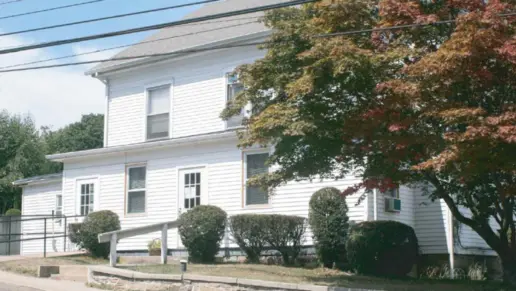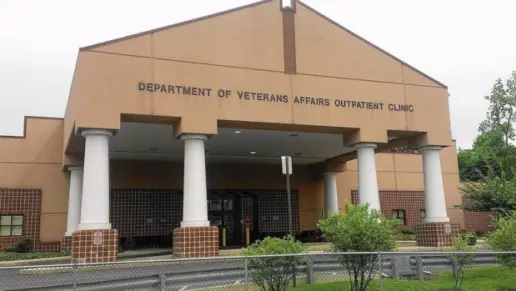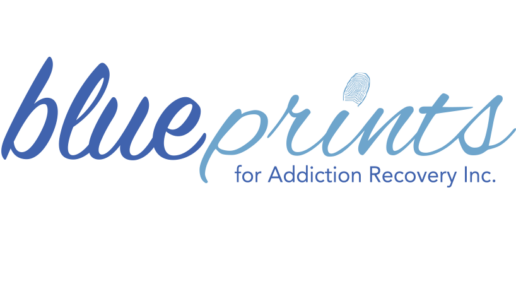About Allied Addiction Recovery, LLC
Allied Addiction Recovery’s Fifth Avenue clinic is an outpatient drug rehab providing addiction treatment services to adults who need outpatient counseling and medication assisted treatment in Pittsburgh, Pennsylvania. Treatment is offered in a safe environment with qualified clinicians through various treatment modalities and FDA-approved medications.
Once you sign up, you’ll enter an outpatient program that can range from a few hours per week or a day treatment each weekday. Each of these outpatient programs offers individual and group counseling at different intensity levels. You’ll undergo substance abuse treatment in a therapeutic environment. Sessions are designed based on an individual’s recovery needs, and each patient is taught how to understand their addiction problems to learn how best to treat them.
The medication assisted treatment program provides individuals with Suboxone or Vivitrol alongside counseling to ensure cravings and withdrawal symptoms are curbed and treated. In addition, those enrolled should expect medication management and group and individual counseling in one location.
They accept all BS and BC insurance plans, including Westmoreland, Fayette, Highmark, Allegheny, and Magellan. However, it’s best to speak with them and your insurer to verify coverage and determine if out-of-network benefits apply.
Latest Reviews
Rehab Score
Gallery
Accepted Insurance
Other Forms of Payment
Self-pay involves paying for treatment out of your own pocket. You can use savings or credit, get a personal loan, or receive help from family and friends to fund your treatment. If you don't have insurance or your insurance plan doesn't cover a specific program, self-pay can help ensure you still get the care you need.
Medicaid is a state based program that helps lower-income individuals and families pay for healthcare. Medicaid covers addiction treatment so those enrolled can use their coverage to pay for rehab. When a program accepts Medicaid the client often pays very little or nothing out of their own pocket.
Addiction Treatments
Levels of Care
Treatments
The goal of treatment for alcoholism is abstinence. Those with poor social support, poor motivation, or psychiatric disorders tend to relapse within a few years of treatment. For these people, success is measured by longer periods of abstinence, reduced use of alcohol, better health, and improved social functioning. Recovery and Maintenance are usually based on 12 step programs and AA meetings.
Drug rehab in Pennsylvania is devoted to the treatment of addiction. Levels of care, treatment methods, and settings differ, but the aim of each program is to end drug dependency and empower participants to achieve long-term recovery.
A combined mental health and substance abuse rehab has the staff and resources available to handle individuals with both mental health and substance abuse issues. It can be challenging to determine where a specific symptom stems from (a mental health issue or an issue related to substance abuse), so mental health and substance abuse professionals are helpful in detangling symptoms and keeping treatment on track.
Opioid rehabs specialize in supporting those recovering from opioid addiction. They treat those suffering from addiction to illegal opioids like heroin, as well as prescription drugs like oxycodone. These centers typically combine both physical as well as mental and emotional support to help stop addiction. Physical support often includes medical detox and subsequent medical support (including medication), and mental support includes in-depth therapy to address the underlying causes of addiction.
Programs


Clinical Services
Group therapy is any therapeutic work that happens in a group (not one-on-one). In traditional group therapy clients are guided, supported and directed by the therapists as they develop personal strategies and plans the course and expectations of treatment goals. The group therapy is also designed to help patients build commitment throughout behavior and attitude modification.
In individual therapy, a patient meets one-on-one with a trained psychologist or counselor. Therapy is a pivotal part of effective substance abuse treatment, as it often covers root causes of addiction, including challenges faced by the patient in their social, family, and work/school life.
Accreditations

The Substance Abuse and Mental Health Services Administration (SAMHSA) is a branch of the U.S. Department of Health and Human Services. Established in 1992 by congress, SAMHSA's mission is to reduce the impact of substance abuse and mental illness on American's communities.
SAMHSA Listed: Yes
Contact Information
Park Building, 355 Fifth Avenue
Pittsburgh, PA 15222







